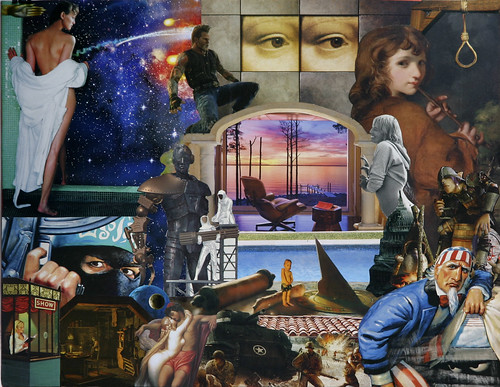We all have a story, don't we? Well, we think that each one of us each has our own story that we possess and can identify with. We'd hate to share it with everyone else, as if we're all the same and not so much different from each other. We want to be unique.
We certainly don't want the story to end. There is great fear in ending, so we think. For this reason, we hang on and fear loss.
We don't always see how deeply this fear is embedded in consciousness. We cannot take a flippant approach if we are to understand fear and understand why we fear death. We need to give the subject serious consideration. So, let's do that.
Featured Image: Gravestone in Kyoto, Japan. By James Heilman, MD (Own work) [CC-BY-SA-3.0 (http://creativecommons.org/licenses/by-sa/3.0) or GFDL (http://www.gnu.org/copyleft/fdl.html)], via Wikimedia Commons







 Why Are My Veins So Visible?on 07/15/2020
Why Are My Veins So Visible?on 07/15/2020
 Should Female Backpackers Go on their Own? Why or Why Not?on 07/15/2020
Should Female Backpackers Go on their Own? Why or Why Not?on 07/15/2020
 Why Do BPD Women Lie?on 07/15/2020
Why Do BPD Women Lie?on 07/15/2020
 Why Do My Joints Hurt?on 07/15/2020
Why Do My Joints Hurt?on 07/15/2020




Comments